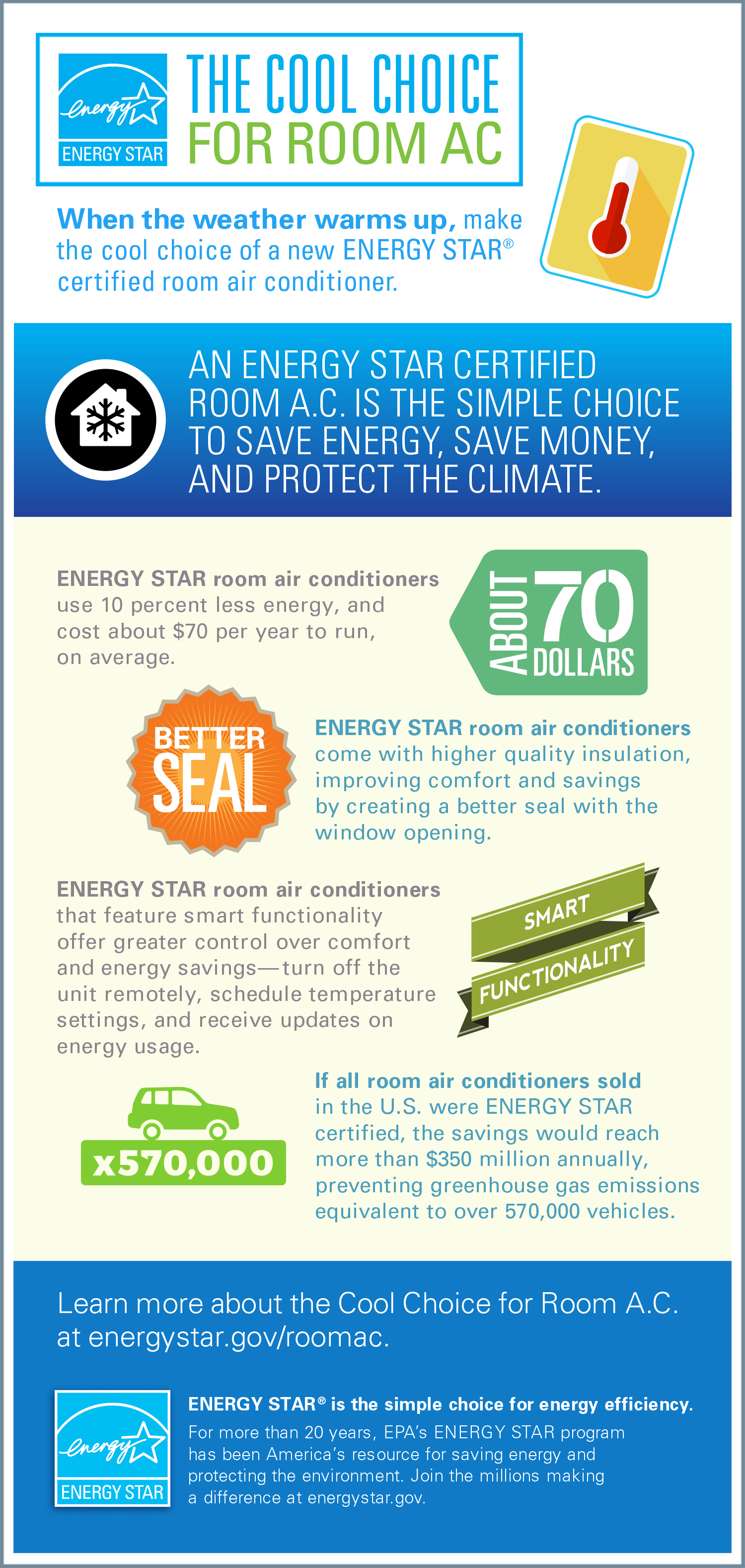The Relationship In Between Weather Condition Issues And Heatpump Efficiency, Together With Solutions To Improve Performance
The Relationship In Between Weather Condition Issues And Heatpump Efficiency, Together With Solutions To Improve Performance
Blog Article
Composed By-Hewitt Termansen
When it concerns your heat pump, climate plays an essential role in its performance. From freezing temperature levels to sweltering heat, each aspect can influence just how successfully your system runs. But what can you do to battle these weather-related challenges and guarantee your heat pump is operating at its best? Stay tuned to discover functional tips and approaches to enhance your heat pump's efficiency, no matter the climate condition it deals with.
Weather Condition Elements Influencing Heat Pump Effectiveness
Weather condition aspects have a considerable influence on the effectiveness of heatpump. One vital factor is temperature level. Heatpump work by moving warmth from outside to inside throughout winter season and vice versa in summertime. As temperatures decrease, it comes to be harder for the heat pump to extract heat from the outside air, minimizing its efficiency.
One more key element is moisture. High humidity degrees can make it extra difficult for the heatpump to release heat during the cooling process.
In addition, wind speed contributes. Solid winds can dissipate the heat absorbed or released by the heat pump, affecting its total efficiency.
Tips for Optimizing Heatpump Efficiency
To boost the performance and longevity of your heat pump, executing a couple of key strategies can make a substantial difference in its performance.
Firstly, guarantee routine maintenance by cleaning or changing filters every 1-3 months to avoid airflow obstructions and take full advantage of airflow. Furthermore, routine yearly professional examinations to detect and resolve any prospective concerns early on.
Ideal thermostat settings also play a critical role. Throughout the winter, aim for a temperature level setting that's as reduced as comfy, and during the summertime, established it as high as comfortable to lower the work on your heat pump. Using a programmable thermostat can assist you automatically change setups based on your schedule.
Furthermore, securing leaks in ductwork and insulating air ducts in unconditioned spaces can prevent power loss and improve overall system efficiency.
Lastly, consider mounting a wise thermostat that can learn your habits and change settings as necessary, further optimizing your heatpump's efficiency. By complying with mouse click the following webpage , you can ensure your heatpump operates efficiently and successfully throughout the year.
Best Practices for Weatherproofing Your Heat Pump
For optimal performance and efficiency of your heatpump, implementing weatherproofing actions is crucial. Beginning by securing any kind of voids or splits around doors, home windows, and ductwork to avoid warm loss and maintain a regular indoor temperature level.
Insulate subjected pipes and air ducts to prevent cold throughout cold weather and make certain appropriate airflow. Take into consideration setting up a protective cover over the outside unit to protect it from rough climate components like snow, ice, and particles.
On a regular basis clean the outdoor system to remove dust, leaves, and particles that can block air flow and lower efficiency. In addition, keep the location around the heat pump clear of snow, ice, and greenery to permit appropriate air flow.
Final thought
Now that you understand how weather influences your heat pump efficiency, you can take positive actions to enhance its effectiveness. By complying with the suggestions detailed in this write-up, such as normal maintenance, thermostat changes, and weatherproofing steps, you can make sure that your heat pump operates at its best no matter the weather conditions. Stay Click On this site and keep your home comfy throughout the year.
